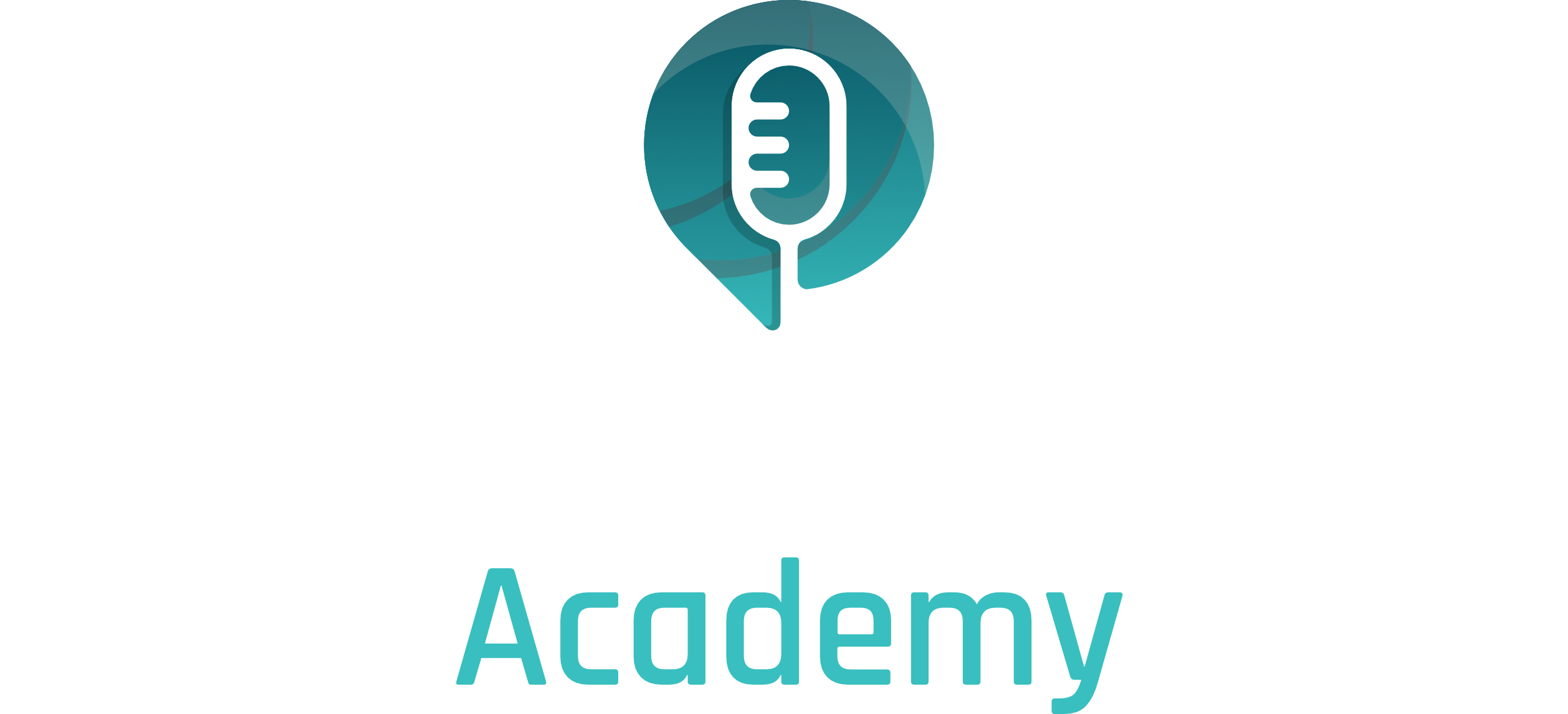The distinction between strategic and operational marketing remains relevant in technology. It should be remembered that although they both bear the name “marketing”, they are profoundly different in nature:
- Strategic marketing consists of deciding on which particular segments of the global market the company wants to operate in (its target segments), seeking to obtain strong and profitable positions in them, and defining for each segment the products, services and offers it wants to propose. It therefore operates in close conjunction with the company or business strategy.
- Operational marketing consists of supporting commercial activity through promotion and communication. It therefore operates both in coordination with strategic marketing (for example, to implement the promotion and communication guidelines for a product) and as close as possible to the field and to the commercial structure to which it provides support.
Specificities of strategic and operational marketing in technology
How are strategic and operational marketing specific in technology?
In strategic marketing:
- Given the fundamental importance of technology and products in the technology enterprise, strategic marketing and product policy operate in close proximity to both R&D (or R&T) and the overall strategy of a company or business, of which they are essential elements.
- Strategic marketing will also encompass customer portfolio strategy, key accounts, business development, project capture support
In operational marketing:
- The means of action for promotion and communication will be very different from those used in B2C or even non-high-tech B2B: even though it may exist, the core of marketing communication will not be mass communication (advertising or social media, for example) but above all targeted communication and promotion, for example, on a customer or a group of users, taking advantage of all the opportunities for exchange made possible by technical dialogue.
- The means of action themselves will be different and for the most part directly adapted to a particular trade and technological universe: specialised press, major annual events (the Paris Air Show or Eurosatory for example), demonstrations, prototypes, visits to technology centres, meetings of potential customers or user groups for example.
It should be noted that in the world of technology, while product communication will always be considered part of marketing, this is not always the case for two types of action that are essential in technology: institutional communication and lobbying activities, which are frequently taken out of the scope of marketing to be attached more closely to the general management.


